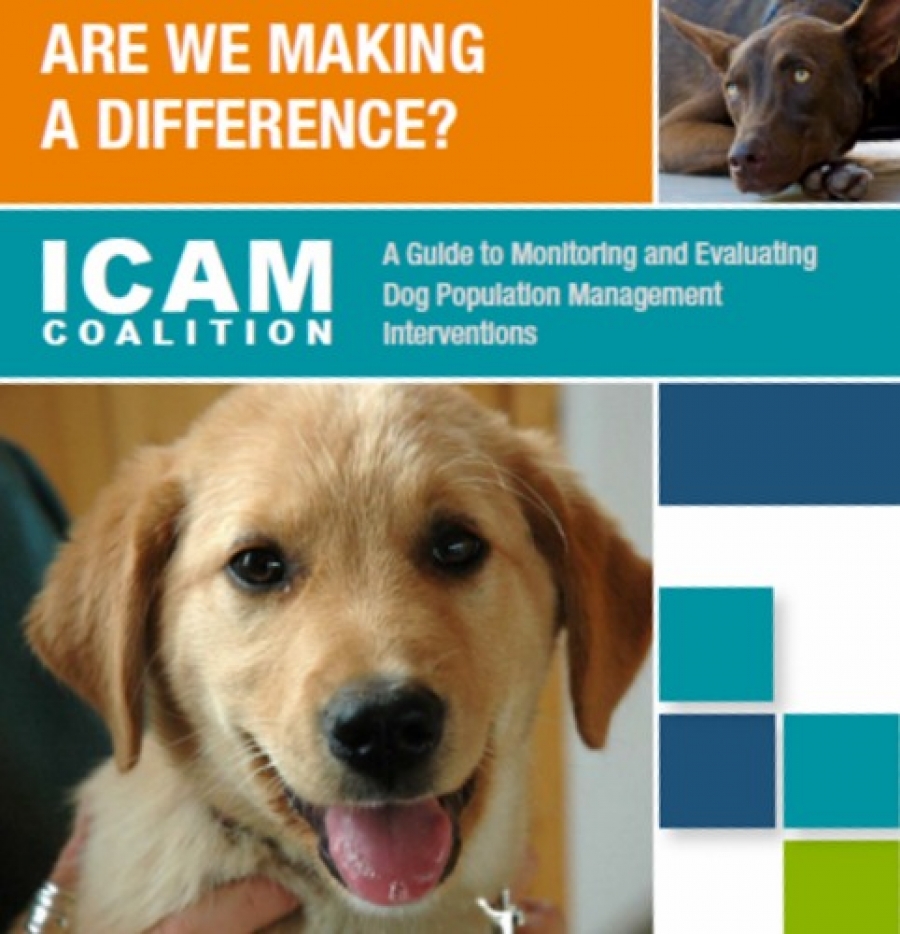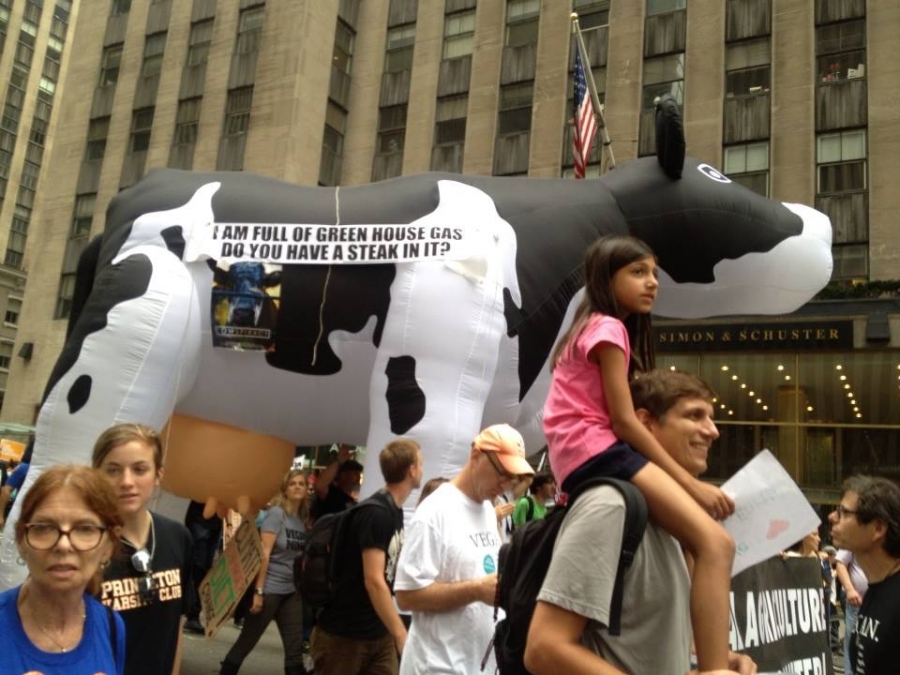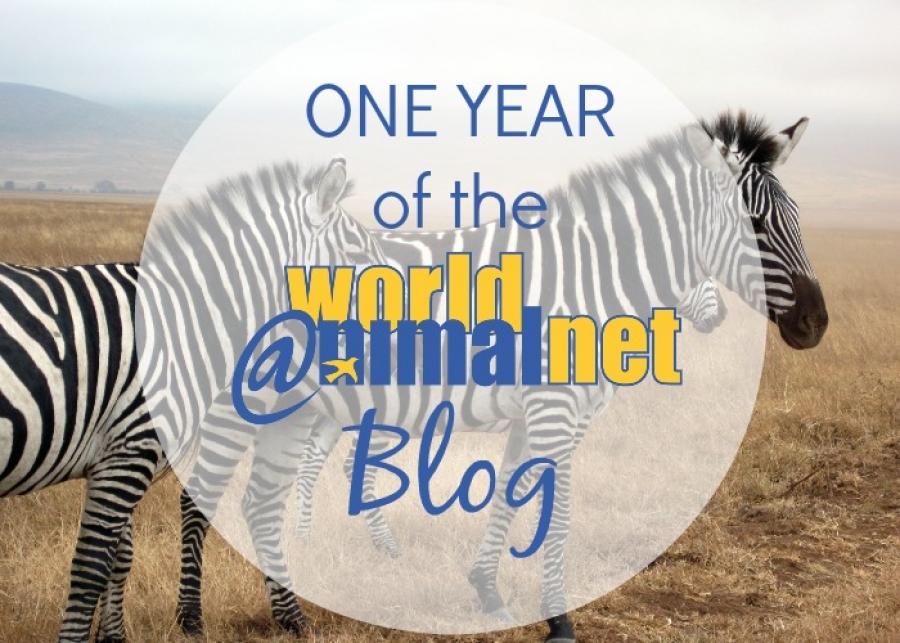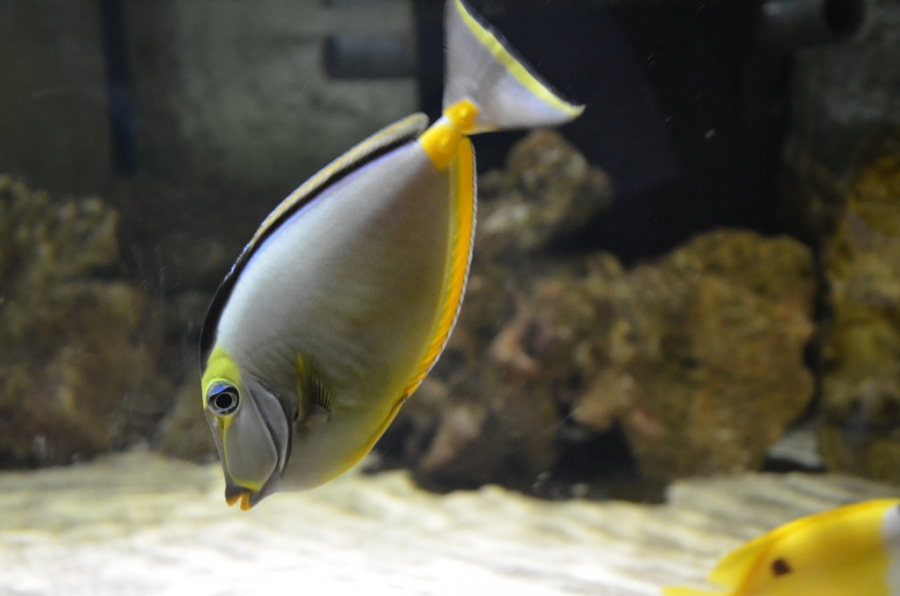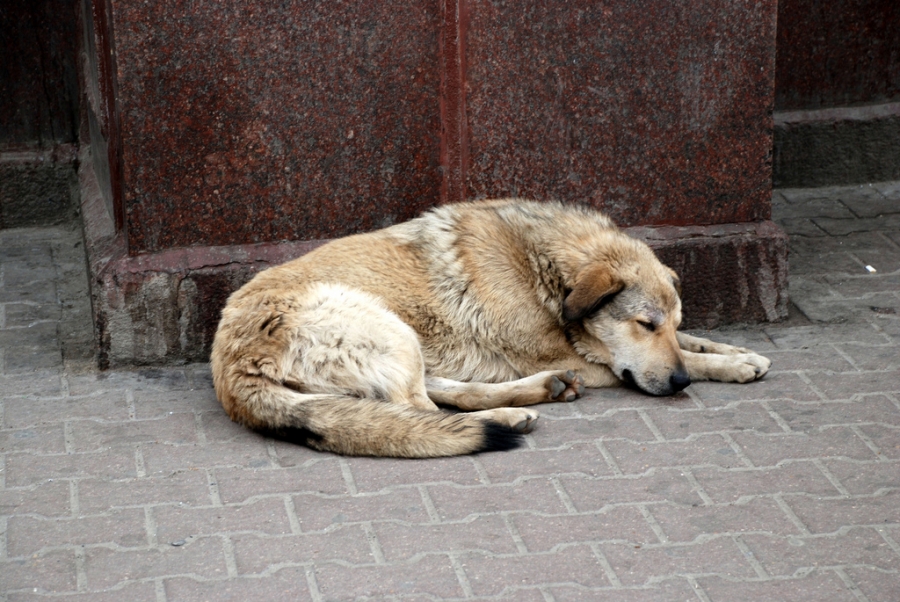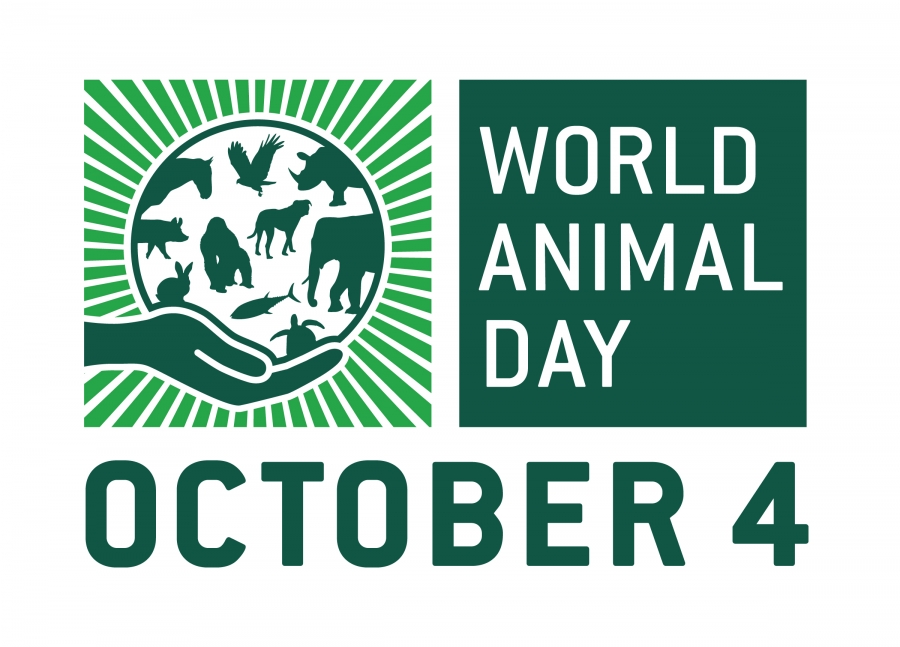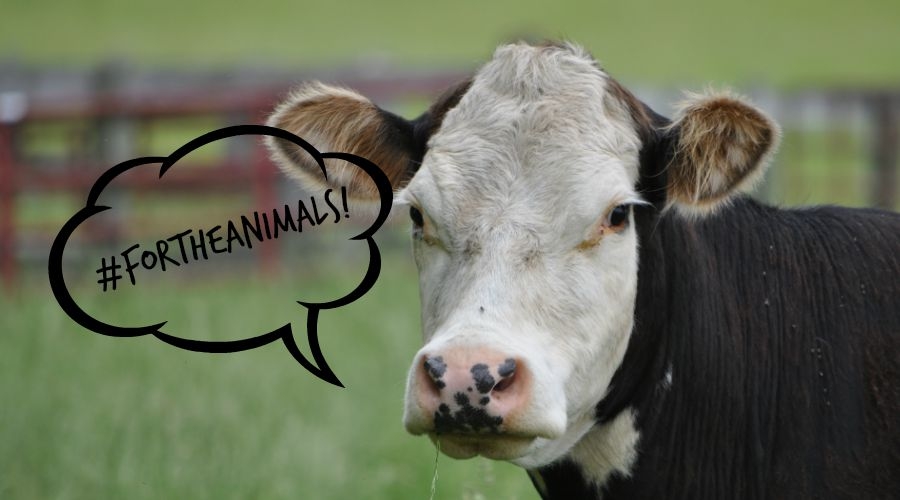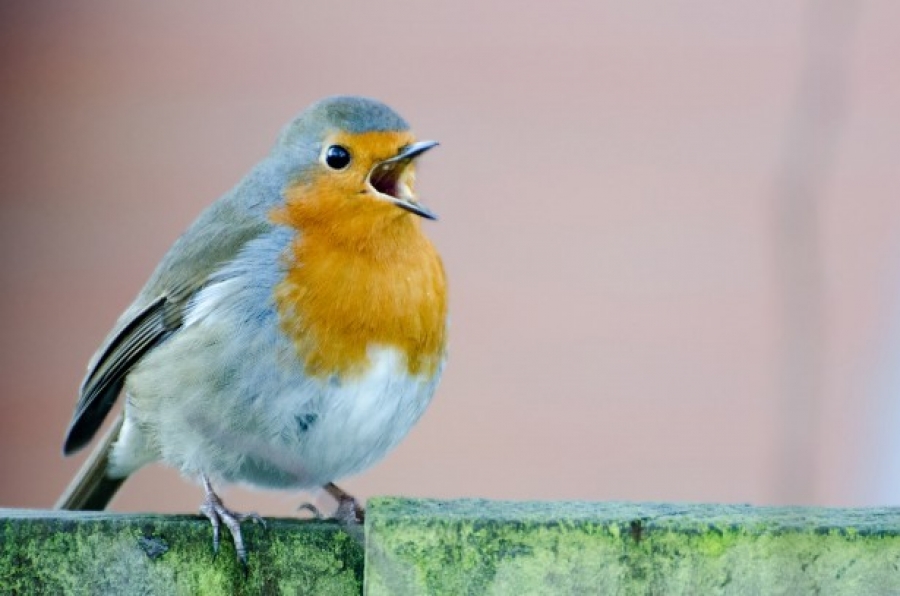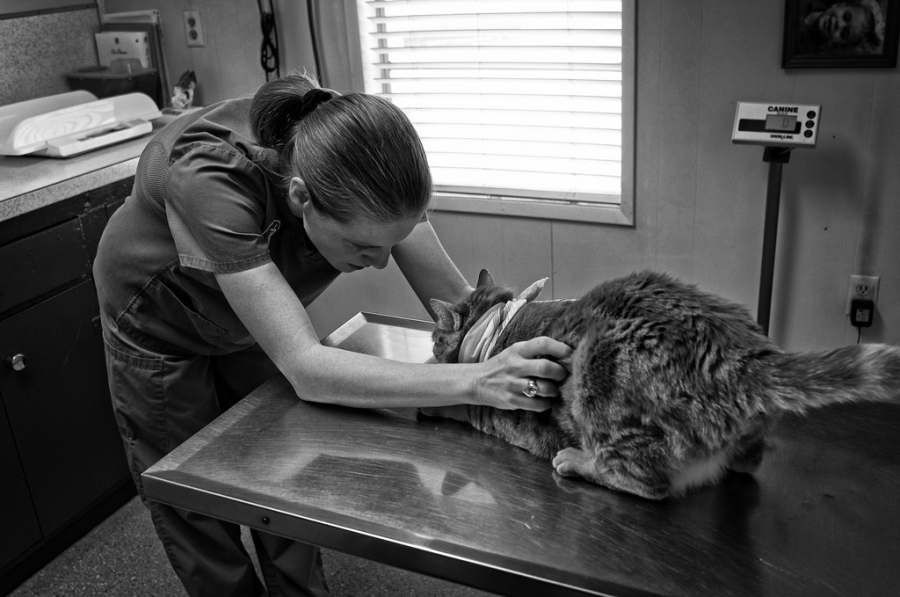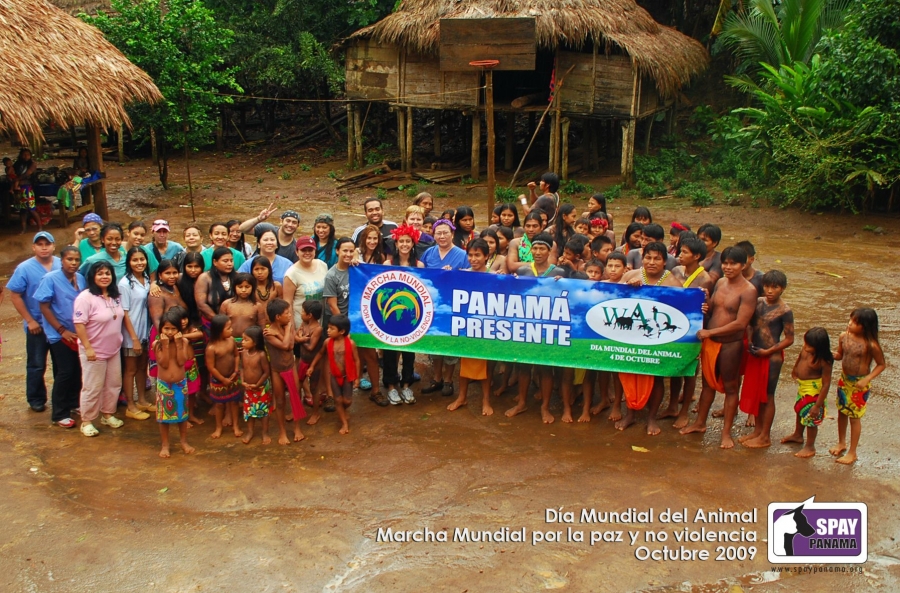
Are We Making a Difference?
Elly Hiby, ICAM Coalition’s Scientific AdvisorMany of us work long and hard to help dogs, and the communities they live amongst, to live in a more harmonious coexistence. Whether through sterilisation, vaccination, persuading owners to take better care of their dogs or rehoming the unwanted; these, and many other activities, fall under the banner of humane dog population management (DPM). But how do we know we are actually making a difference? This can be a very hard question to ask. It’s tough to find we are not making the difference we aimed for, but surely it’s better to know that now and change our approach than waste our efforts without benefiting the dogs? And if we are making a difference, imagine how powerful concrete evidence of that difference could be? We could gain greater security in funding, stronger support from governments leading to policy and legislative change, and a more engaged and appreciative public.
Climate Change: Will the Elephant Come Out of the Closet in Paris?
Written by Janice CoxThe Paris Climate Conference
The next annual Conference of the Parties (COP 21) of the UN Framework on Climate Change – also called the 2015 Paris Climate Conference - will take place in Paris from November 30th to December 11th. This issue is in the words of Pope Francis: “a principal challenge for humanity”, and this will be a crucial conference, as it needs to achieve a new international agreement on the climate, applicable to all countries, with the aim of keeping global warming below 2°C. It is expected to attract close to 50,000 participants including 25,000 official delegates from government, intergovernmental organisations, UN agencies, NGOs and civil society.
One year ago at WAN we began publishing weekly posts on the WAN blog. We embarked on this blog because it provides a way for us to share timely and actionable expertise and advice for those working on the ground for animals. We’ve enjoyed the connections we’ve forged through the blog and hope that you’ve found the information we’ve shared useful and applicable to your own work.
To celebrate one year of the WAN blog, we’re offering a recap of all the blogs posted over the last year, as well as the opportunity for you to weigh in on what you would like to see on the blog in the next year! You can let us know what topics matter most to you as an animal protection professional by filling out our 3-question survey, here.
Fish Friendships Facilitate Foraging Opportunities
Written by Jessica BridgersFor the first time, scientists have observed a species of fish that literally “watches each others’ backs” while foraging. Coral reef rabbitfishes foraging in pairs were found to forage in a unique manner: one fish forages head down in the coral reef, while the fish’s partner stands watch, head up, scanning the surroundings for threats.
Stray Dog Control: Let’s Ramp up Animal Protection Advocacy!
Written by Janice CoxWorld Animal Net has just sent out for comment a new draft report on stray dog control. Oh no ... not another stray dog control report, you may think?! But this one is based on new research, and takes a fresh approach: It examines the content, implementation and practical impacts of the OIE’s international standard on stray dog control – and includes recommendations for advocacy by animal protection organisations.
This project has caused me to reflect on the painfully slow progress of rolling out humane stray control measures across the world. Just why is this, when the main principles of stray control have been known for more than 15 years?
Four Reasons Your Organization Should Join the World Animal Day Movement
Written by Jessica BridgersWorld Animal Day is now upon us! Every October 4, advocates from around the world gather together in support of World Animal Day. Recently, Caroline Ruane of the official World Animal Day headquarters was kind enough to share with us how World Animal Day began, and what it has accomplished around the world. You can read more about this incredible work here and on the World Animal Day website, but for those who are hesitant about why their organization should celebrate World Animal Day, here are four reasons why World Animal Day benefits not only animals and the global animal protection movement, but how your organization can benefit as well:
Most of us are probably already social media users, and most of the organizations we work for and run already have a presence on social media. But are we using this presence to further our organization’s missions or campaigns as effectively as possible?
Exciting New and Upcoming Animal Law Developments
Written by Akisha Townsend EatonJust because summer is coming to an end doesn’t mean things aren’t heating up in the world of animal protection law. We at World Animal Net are very excited about a number of new developments in the field. Here are our top picks worth mentioning:
Three Times Veterinary Organizations Stood Up for Animals this Year
Written by Jessica BridgersVeterinarians are thought of by many as protectors of animals, and indeed, when it comes to our cats, dogs, and other companion animals, few others have our animals’ interests in mind more than the family veterinarian. Veterinarians are able to help us correct behavioral problems, choose successful treatments, and advise us during difficult end of life decisions. They are a trusted resource on how to give our companion animals the best lives we can.
World Animal Day – 4 October – Help make a difference for animals
Caroline RuaneFor many people who care about animals, World Animal Day, 4 October, is already a very important day each year. For those people who haven’t yet participated, I’d like to tell you more about what this global movement can achieve for animals and encourage you to get involved.

